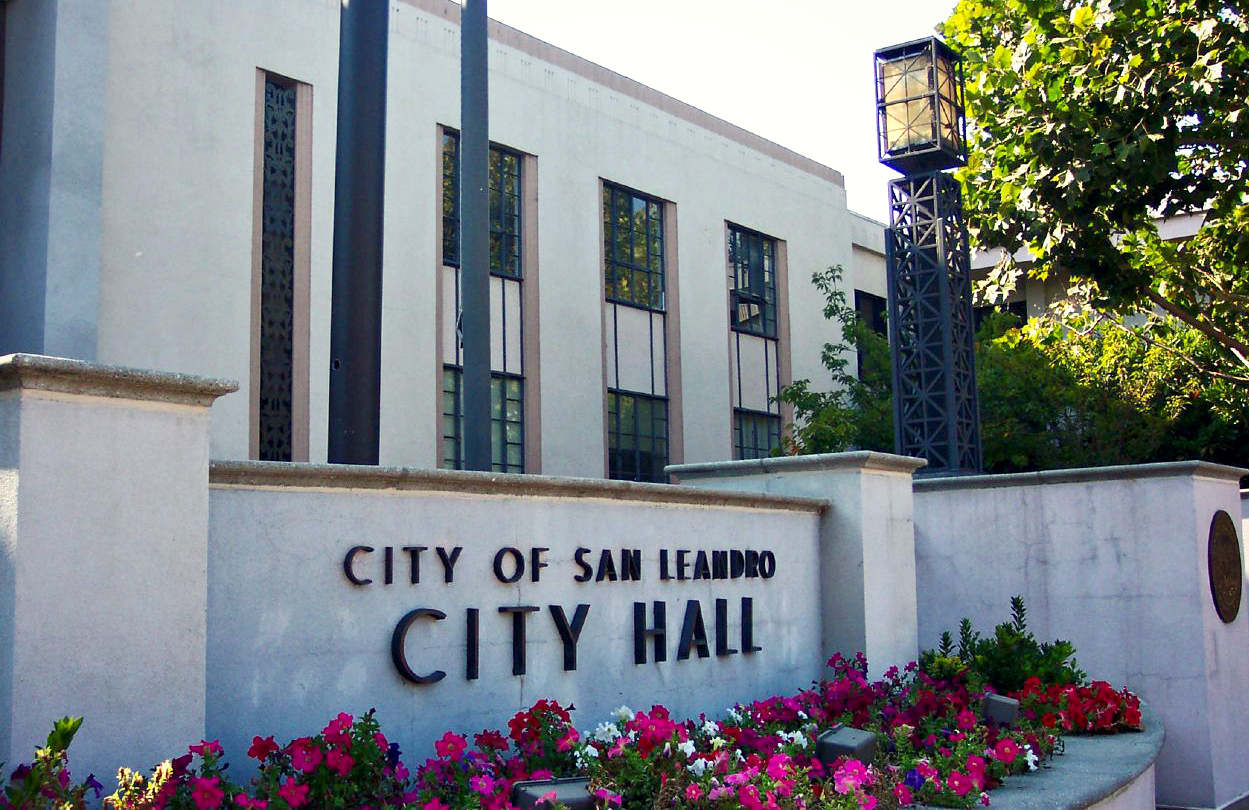Originally posted at East Bay Citizen.
By Steven Tavares.
With the coming mid-term election season just around the corner, voters in Alameda County, including those in San Leandro, may be asked to pass another round of revenue-generating tax measures. A potential reauthorization of Alameda County’s Measure A hospital tax may head to the voters next year, in addition to another try at a countywide transportation sales tax and the renewal of Oakland’s Measure Y covering public safety.
In San Leandro, the City Council raised possibility Nov. 18 of adding yet another tax or bond measure in 2014. It formed an ad hoc committee to study a menu of potential measures, including a tax on its nascent medical cannabis dispensaries, a local road improvements tax, an increase in the city’s hotel tax and the reauthorization of its successful quarter-cent sales tax,Measure Z, passed in 2010. In fact, Measure Z, has been so successful, many credit it with bringing the city’s finances into the black. Last week, the city announced a $3.2 million surplus this year.
However, a successful ballot measure is often about timing and how much the public is willing to bear in increased taxes. According to a consulting bid from Oakland’s Lew Edwards Group, its initial analysis states San Leandrans may be willing to support a bond for road improvement. Although the state of many streets in Alameda County are mediocre to poor, San Leandro’s roads are rated as some of the worse and with few years remaining on their use, if left unattended.
The Lew Edwards Group has worked with the city in the past. It helped pass Measure Z three years ago, in addition, to a school parcel tax last year. Their bid, however, comes with a $49,500 price tag. The City Council is set to discussed the offer at its Dec. 2 meeting. An additional $60,000 bid from polling firm Godbe Research is also on next Monday’s agenda.
Potentially muddling the success of San Leandro raising taxes next year is the presence of a mayoral election in San Leandro and three council races, two of which, feature open seats. Depending on the campaign stances of individual candidates, a tax measure could be hurt by the political posturing. In contrast, wide support can also allow the tax measure to piggy-back on the candidate’s door-to-door campaigning.
However, it does not always work out this way, at least, in San Leandro. In 2010, then-mayoral candidate Stephen Cassidy ran a successful campaign on the premise of fiscal responsibility and pension reform. He also opposed the sales tax increase, Measure Z. Cassidy won, but so did Measure Z.





